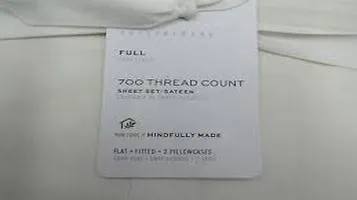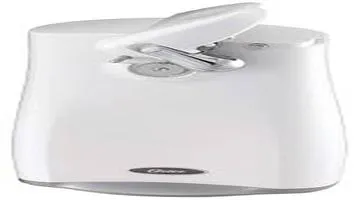Review about Compostable Phone Cases
Compostable phone cases are an eco-friendly alternative to traditional plastic cases, designed to minimize environmental impact. Made from sustainable materials such as plant-based polymers, bamboo, or wheat straw, these cases are engineered to break down naturally in composting environments, typically within a few months to a couple of years. They offer the same level of protection as conventional cases, guarding phones against scratches, drops, and everyday wear and tear. By choosing compostable phone cases, consumers contribute to reducing plastic waste and promoting a circular economy. These cases are ideal for environmentally conscious individuals seeking to align their tech accessories with sustainable living practices, making them a popular choice for those looking to reduce their carbon footprint without compromising on style or functionality.

Design and Aesthetics
First and foremost, compostable phone cases are designed to be visually appealing. They come in a variety of colors, textures, and patterns, rivaling their plastic counterparts in terms of style. Many brands offer custom designs, allowing users to express their personal style while staying eco-friendly. The materials used often provide a matte finish, which can give the case a premium look and feel.
Moreover, these cases tend to be lightweight and slim, ensuring that they do not add unnecessary bulk to your phone. The tactile experience is also noteworthy; the materials used—often a blend of plant-based polymers and natural fibers—give a soft, almost velvety touch that many users find pleasing.
Durability and Protection
One might wonder if a compostable phone case can offer the same level of protection as traditional plastic or silicone cases. The answer is a resounding yes. These cases are designed to be robust and shock-absorbent. They can efficiently protect your phone from everyday wear and tear, including accidental drops and scratches. Some brands even go the extra mile by incorporating reinforced corners or dual-layer protection to enhance durability.
However, it’s essential to note that while compostable phone cases are sturdy, they might not offer the same level of protection as heavy-duty plastic or metal cases specifically designed for extreme conditions. If you frequently find yourself in rugged environments, you might want to consider whether the eco-friendly benefits outweigh the need for extra protection.
Environmental Impact
The primary selling point of compostable phone cases is their minimal environmental impact. Traditional plastic phone cases can take hundreds of years to decompose, contributing significantly to landfill waste and environmental pollution. In contrast, compostable phone cases are designed to break down naturally over a much shorter period, usually within a few months to a couple of years, depending on environmental conditions.
These cases are typically made from renewable resources like cornstarch, bamboo, or other plant-based materials. When disposed of correctly, they decompose into non-toxic, natural elements that enrich the soil. This process is significantly less harmful to the environment compared to the degradation of plastic, which releases toxic chemicals.
Ease of Composting
One of the main concerns with compostable phone cases is the ease of composting them at the end of their life cycle. While the idea is that these cases can be tossed into your backyard compost heap, the reality might be a bit more complicated. For optimal decomposition, specific conditions such as moisture, temperature, and microbial activity need to be met. Not all consumers have the facilities or knowledge to manage this process efficiently.
Some brands address this issue by offering take-back programs, where they collect used cases and compost them under controlled conditions. This service can provide peace of mind, ensuring that your effort to be eco-friendly doesn’t end up in vain.
Price Point
Compostable phone cases are generally more expensive than their plastic counterparts. This higher price can be attributed to the cost of sustainable materials and ethical manufacturing processes. While this might be a deterrent for some, many consumers are willing to pay a premium for the environmental benefits and the added value of supporting sustainable practices.
It’s also worth noting that as the market for eco-friendly products grows, prices are likely to become more competitive. Increased demand and technological advancements in material science could potentially lower costs in the future.
Market Availability
The market for compostable phone cases is rapidly expanding, with numerous brands entering the fray. Companies like Pela, Nimble, and A Good Company are just a few examples of brands dedicated to producing high-quality, eco-friendly phone cases. This growing competition is beneficial for consumers, as it leads to a wider range of options and innovations in design and functionality.
Conclusion
In conclusion, compostable phone cases offer an excellent blend of style, protection, and environmental responsibility. They prove that being eco-friendly does not require compromising on quality or aesthetics. While they might be slightly more expensive and require a bit more effort to dispose of correctly, the benefits they offer to the environment make them a worthy investment.
As consumers, our choices have a significant impact on the planet. Opting for compostable phone cases is a small but meaningful step towards reducing our environmental footprint. With the market for these products growing, there’s never been a better time to make the switch.






